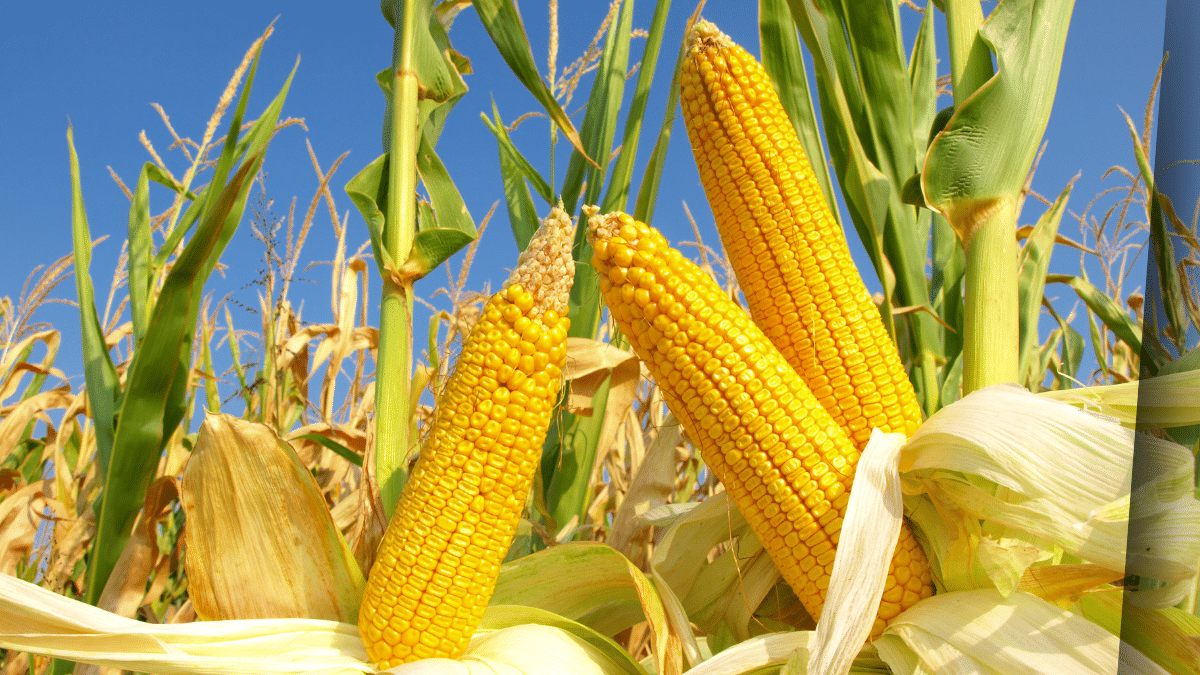
MANILA, Philippines — The higher headline inflation rate experienced this July 2024 revealed an emerging issue with corn prices, economist and Albay 2nd District Rep. Joey Salceda said on Tuesday.
Salceda in a statement said that the country’s problem with inflation no longer stems from rice, especially as rice prices have declined slightly — although it is still higher compared to a year-on-year basis.
READ: July inflation accelerates to 4.4% – PSA
But with corn, the lawmaker said that prices are gathering momentum — noting that even the Department of Agriculture (DA) has admitted monitoring it as early as April.
“It’s no longer rice, rice, rice. It’s corn. The problem with rice has mostly abated. While rice prices remain elevated year-on-year, month-on-month, prices are actually declining slightly. I expect this trend to continue as more stocks arrive from India and Vietnam,” Salceda said.
“There is an emerging food issue to deal with: Corn. There is momentum in the corn price. Secretary (Francisco) Tiu Laurel already mentioned that the DA is monitoring the situation as early as April, and I believe efforts are underway to address the issue. At 5.8 percent month-on-month inflation, corn prices are a cause for attention,” he added.
The Philippine Statistics Authority (PSA) reported on Tuesday that headline inflation in July was at 4.4 percent, which was the highest in nine months, and was driven by higher prices in the industries of housing, water, electricity, gas and other fuels, transport items, and food and non-alcoholic beverages.
Previously, the inflation rate in June was 3.7 percent. It was, however, lower than the 4.7 percent in July 2023.
Corn remains a very important product as aside from being consumed by human beings, it is a staple animal feed for poultry, hogs, and cattle.
READ: PH needs more corn imports; demand up for animal feed
According to Salceda, corn prices are actually lower worldwide, but the local industries that need the product — farming, poultry, and dairy sectors — do not rely on imported corn because its quality decreases during importation.
“The problem with corn is that while global trading prices are generally lower year-on-year, our domestic livestock, poultry, and dairy sector cannot rely on imported corn. Imported corn significantly diminishes in nutritive quality when shipped. Of course, prices pressures could ease with upholding the minimum access volume system for corn, but that’s no structural solution,” he said.
“As a result, I’ve been seeing some increase in the price of poultry, but based on our monitoring of the situation, the price situation in that sector should ease by the time the August report is released – prices are down in August by as much as 12% from their July peak,” he added.
Salceda said he will talk with Laurel on the matter.
“I will be having a series of conversations with Secretary Tiu Laurel on the corn and the broader livestock situation around the third week of August. We will be discussing the Livestock, Poultry, Dairy, and Corn Development Acts, which I principally authored in the House,” he said.
“Other than corn, the only other real issue is with electricity prices – but that’s a seasonal matter that I expect to moderate by the next few months. No appetite in the BSP for policy rate adjustments just yet. But because most of our inflation woes are now single-issue matters, there is some cause for cautious optimism,” he added.
Salceda several times in the past reminded the government that the key to battling inflation is managing rice prices. Last April, when headline inflation rates for March 2024 went up to 3.7 percent, Salceda said inflation could have been lower at 3.1 percent if rice prices were arrested.
According to the lawmaker, 57 percent of the inflation recorded in March 2024 came from higher food prices.